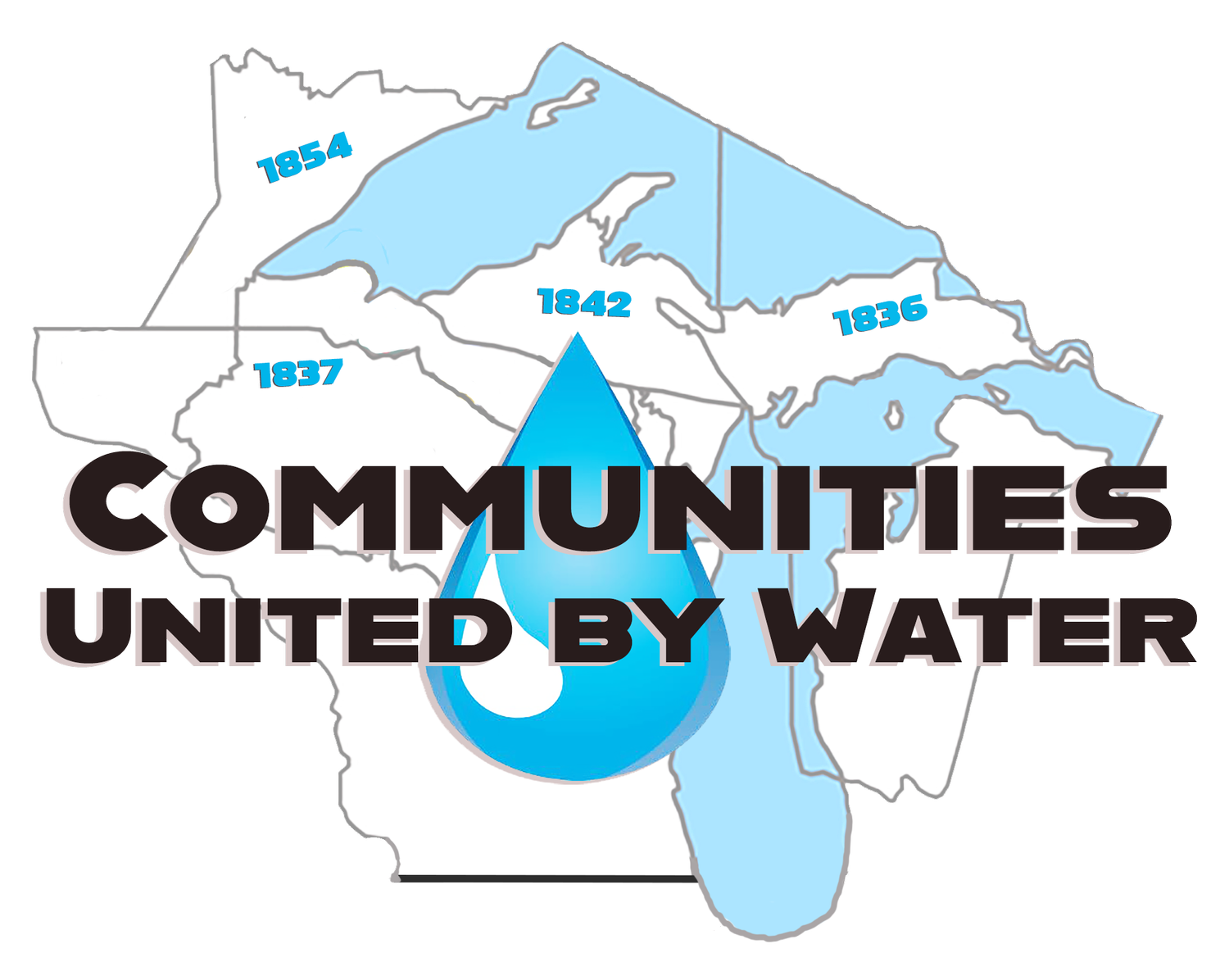Bad River Band files papers in Federal Court about deterioration around Line 5 pipeline during emergency flooding
On May 1, 2023, the Bad River Band of Lake Superior Chippewa and Enbridge Energy filed papers in Federal court, showing evidence that a meander where the Enbridge Line 5 pipeline crosses the Bad River is worsening quickly under the pressure of the record snowfalls, still melting down the north side of the Penokee Hills, and the heavy rains and winds that are repeatedly ravaging the area.
On November 28, 2023, after finding Enbridge guilty of trespassing US District Court Judge William Conley issued an order for Bad River and Enbridge to come to an agreement about shutting down the aging pipeline after years of unsuccessful mediation and litigation. Stopping short of ordering the pipeline decommissioned, Judge Conley based his ruling on idea that “the risk of a catastrophic failure of the pipeline at the meander remains thankfully at least a year away.” The opinion was based on 26 or 27 feet of riverbank between the Bad River shoreline and Line 5 at its nearest point.
Drone shots taken on April 11 and May 1 show erosion due to flooding has swept away the banks and the shortest distance between the pipeline and the River is now roughly 17–18 feet, only four months later.
Bad River meander in question, from the November 28, 2022 ruling.
Of the 21 new monuments Enbridge said they installed to prevent a disaster, when the river was out of its banks or receding, some monuments marking the distance between Line 5 and the Bad River fell due to erosion of the underlying soils, while others were knocked over by floating debris even though the bank underneath remained in place, raising the risk of a “guillotine rupture”—a vertical break causing oil to gush from both sides.
April 11, 2023 Photo: David Joe Bates
April 15, 2023 Video: David Joe Bates
May 1, 2023 Federal Filing by Bad River and Enbridge
November 28, 2022 Ruling in the Bad River suit against Enbridge
Over 600 miles long, Line 5 transports 23 million gallons of natural gas liquids, light crude oil, and light synthetic crude every day, partially refined from Alberta tar sands, through the heart of the Great Lakes.
Communities United by Water has requested an emergency meeting with Governor Evers to discuss who has the power to protect Wisconsinites and our resources under these circumstances.
Flooding in Ashland County in the Bad River watershed along Highway 2, 2016. Photo: MinnPost Earth Journal, December 12, 2019



